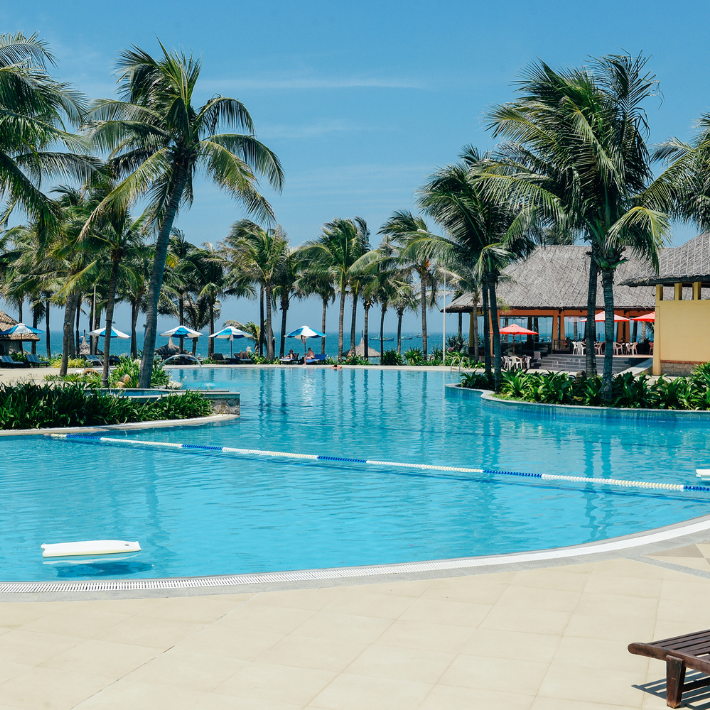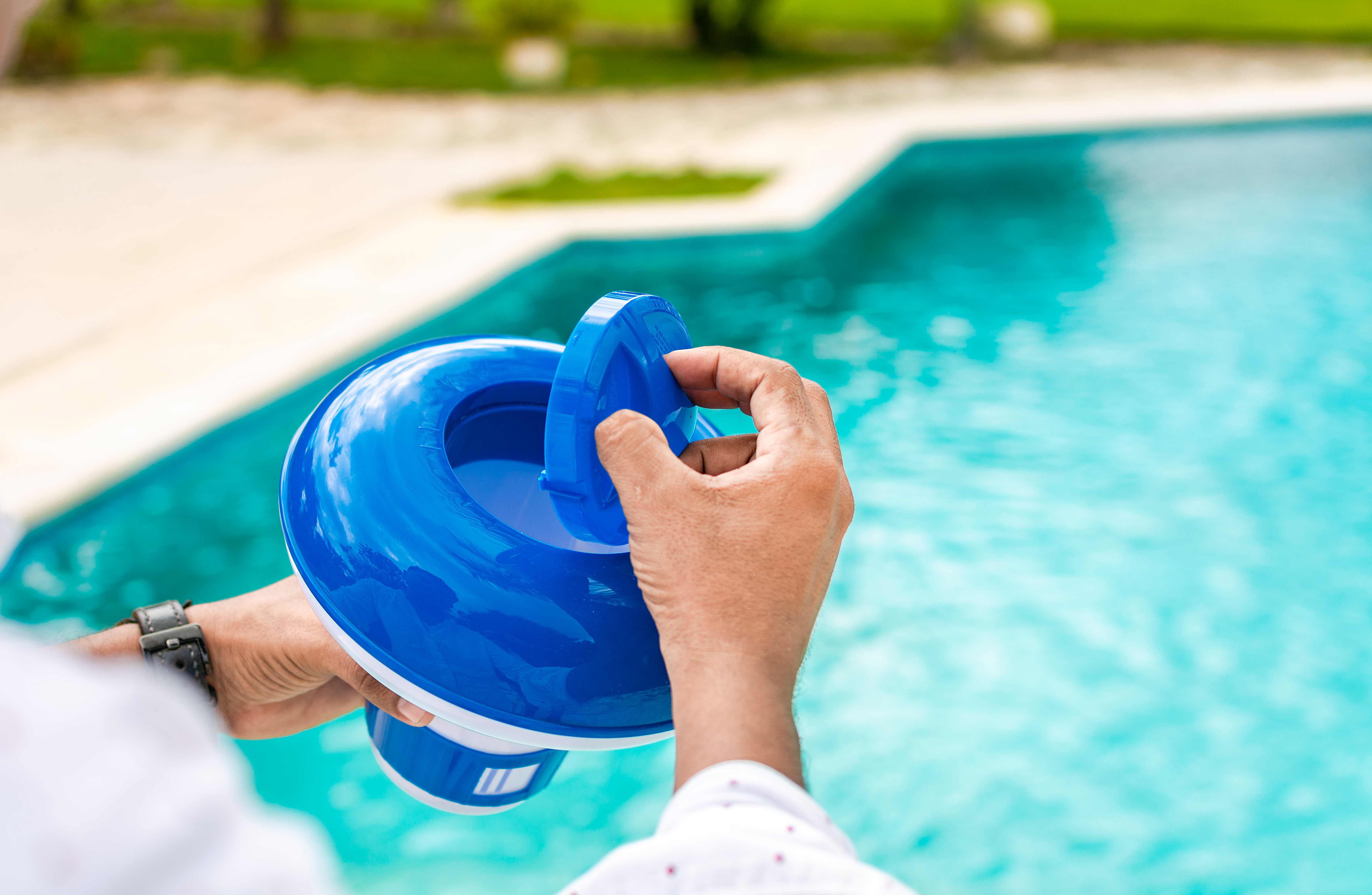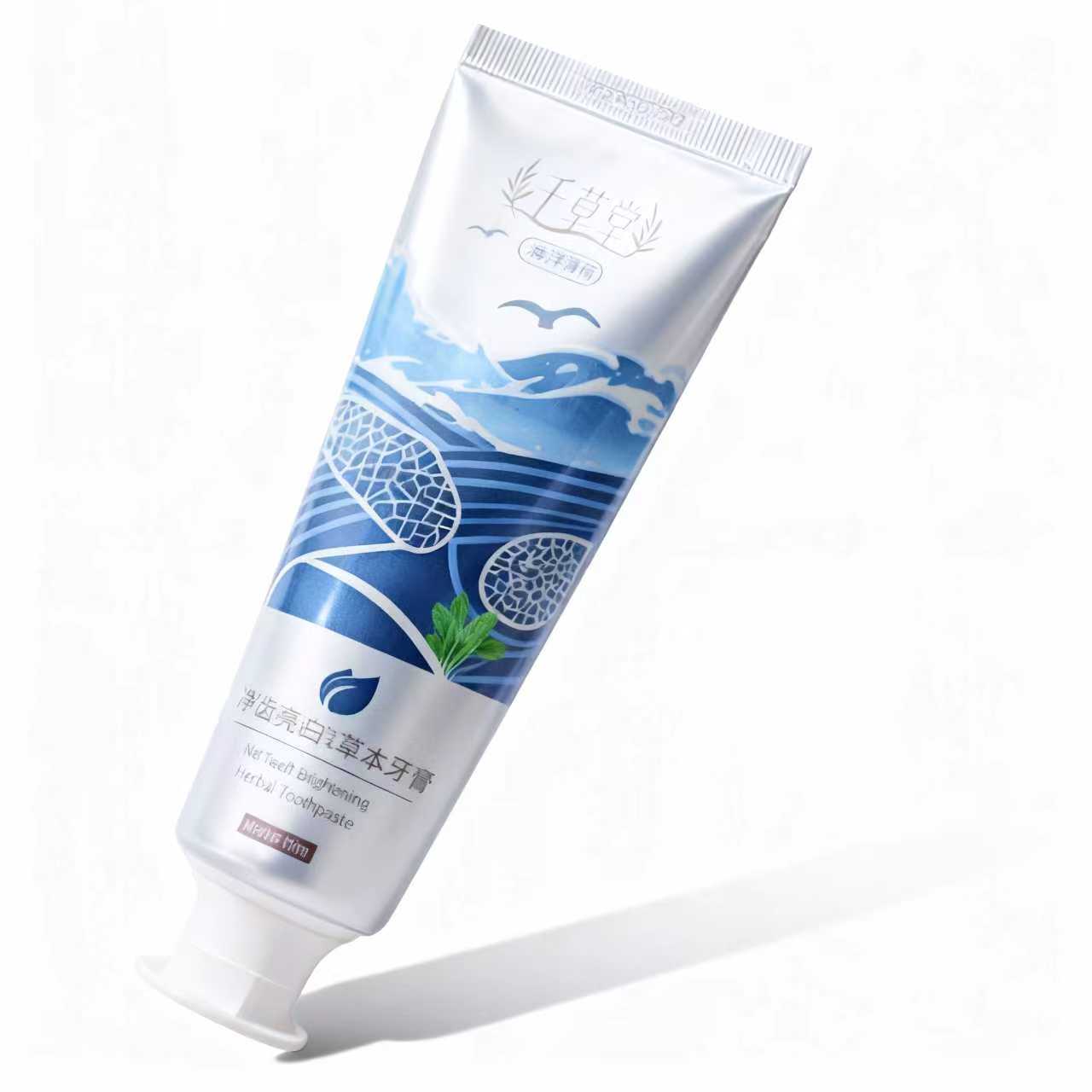
Why DE Pool Filter Powder is the Secret to Sparkling Clean Pools
Discover the power of DE pool filter powder in achieving crystal-clear pool water. Explore how DE powder for pools works, its benefits, proper usage, maintenance tips, and essential safety precautions to ensure optimal pool filtration and water quality.
Maintaining a clean and sparkling pool involves more than just balancing chemicals and skimming debris. One of the most effective methods to achieve crystal-clear water is by using DE pool filter powder. But what exactly is DE powder for pools, how does it work, and why is it so effective? In this comprehensive guide, we will explore everything you need to know about DE for pool filters, its advantages, how to use it properly, essential maintenance tips, and more.
What is DE Pool Filter Powder?
DE, or Diatomaceous Earth, is a naturally occurring sedimentary rock made from the fossilized remains of tiny aquatic organisms called diatoms. These diatoms have silica-rich shells, and over time, they accumulate in freshwater and marine sediments. When these sediments are mined and processed, they form a fine, white powder known as DE.
DE powder is composed primarily of silica, with small amounts of alumina, iron oxide, and other minerals. Once ground into a fine powder, DE becomes a powerful filtration agent that can trap particles as small as 2-5 microns. This exceptional filtering capability makes DE powder for pools one of the most effective filtration media in the industry.

How Does DE for Pool Filters Work?
When added to the filter system, DE powder coats the filter grids, forming a thick layer that traps particles as water flows through. This process is known as filtration. Unlike sand filters that can only capture particles of 20-40 microns, DE filters can capture particles as small as 2 microns, providing superior filtration performance.
The basic operation of a DE filter involves the following steps:
- Filling the Filter Grids: The DE powder is mixed with water to form a slurry and added to the skimmer. The powder then circulates to the filter, where it coats the filter grids. The grids, usually made of plastic or fiberglass, provide a surface area for the DE to adhere to, forming a filtering layer.
- Filtering Water: Pool water is pumped through the coated grids, and the DE powder traps dirt, algae, bacteria, oils, and even microscopic contaminants.
- Backwashing: Over time, the DE powder accumulates debris and becomes less effective. Backwashing reverses the flow of water, dislodging the accumulated DE and debris from the filter. This process is essential for maintaining optimal filtration performance.
- Recharging DE: After backwashing, fresh DE powder must be added to restore the filter's effectiveness. Failure to recharge the DE can result in ineffective filtration and potential filter damage.
Benefits of Using DE Powder for Pools
1.Superior Filtration: DE filters are the most effective type of pool filters, capturing particles as small as 2 microns. This is significantly finer than sand or cartridge filters, which typically capture particles of 20-40 microns.
2.Improved Water Clarity: DE powder provides exceptional water clarity, reducing cloudiness and enhancing overall pool aesthetics. It can even filter out certain types of bacteria and algae spores, contributing to a healthier swimming environment.
3.Enhanced Efficiency: DE filters can hold more debris before requiring backwashing, which means less frequent maintenance compared to sand filters. This results in more consistent filtration and reduced operating costs over time.
4.Health and Safety: By filtering out smaller particles, DE powder helps eliminate harmful microorganisms, promoting safer swimming conditions. It can also filter out pollen, dust, and other airborne contaminants that settle in the pool.
How to Use DE Pool Filter Powder Correctly
1.Determine the Correct Amount of DE: The amount of DE powder required depends on the filter size and manufacturer specifications. It is crucial to follow the recommended dosage to avoid under or over-coating the grids. Over-coating can lead to excessive pressure buildup and damage to the filter.
2.Mix the DE Powder: Mix the DE powder with water to form a slurry before adding it to the skimmer. This prevents clumping and ensures even distribution across the filter grids.
3.Add DE to the Skimmer: Pour the DE slurry slowly and evenly into the skimmer while the pump is running. This ensures proper distribution across the filter grids and prevents clogging.
4.Monitor Pressure Levels: After adding DE, monitor the filter pressure gauge. If the pressure rises significantly, it may indicate that the filter needs to be backwashed. Excessive pressure can reduce filtration efficiency and damage the filter grids.
Maintaining a DE Pool Filter
Backwash Regularly: Backwashing removes trapped debris and prevents clogging. The frequency of backwashing depends on the pool’s usage and the surrounding environment. Heavy usage or debris accumulation may require more frequent backwashing.
Recoat the Grids: After backwashing, reapply fresh DE powder to restore filtration efficiency. Failing to do so can compromise the filter’s effectiveness and potentially cause grid damage.
Inspect Grids and Components: Regularly inspect the filter grids for tears, cracks, or signs of wear. Damaged grids can lead to DE leakage back into the pool, resulting in cloudy water.
Clean the Filter Annually: A thorough cleaning of the filter grid assembly is recommended at least once a year. This involves disassembling the filter, cleaning each grid individually, and reassembling the unit. This deep cleaning helps remove stubborn contaminants that regular backwashing may miss.

Potential Risks and Safety Precautions
Handle DE Powder Carefully: Inhalation of DE powder can be harmful, so it is essential to wear a mask and protective gear when handling it. DE contains crystalline silica, which can cause respiratory issues if inhaled over prolonged periods.
Proper Disposal: Dispose of used DE powder properly, as it may contain contaminants removed from the pool water. Used DE should not be disposed of in storm drains or open water sources.
Environmental Considerations: While DE is a natural substance, improper disposal can cause environmental damage. Consider using biodegradable DE alternatives or consult with local waste management for proper disposal guidelines.
Conclusion
DE pool filter powder is a highly effective filtration medium that provides superior water clarity and maintains a cleaner pool environment. By understanding its application, maintenance, and safety precautions, pool owners can maximize the benefits of DE for pool filters, ensuring optimal performance and extending the lifespan of their filtration systems. Whether you are installing a new DE filter or maintaining an existing one, following these guidelines will help you achieve the best possible results.


(1).jpg)
